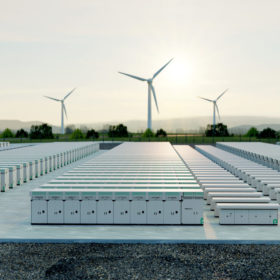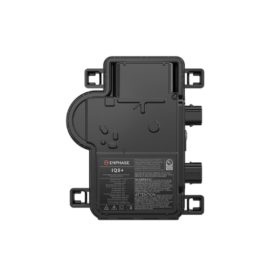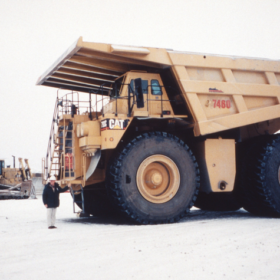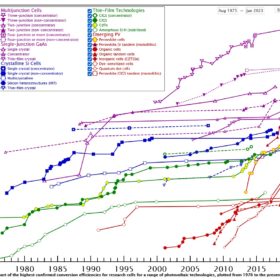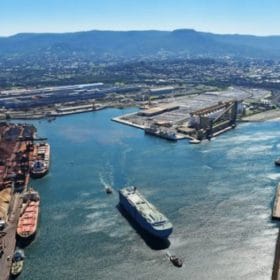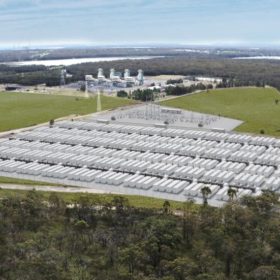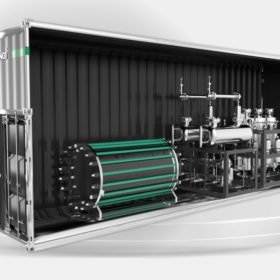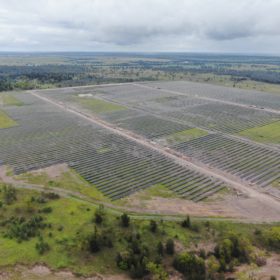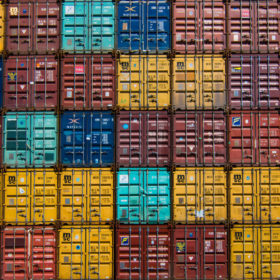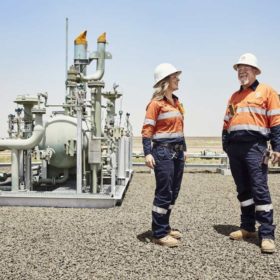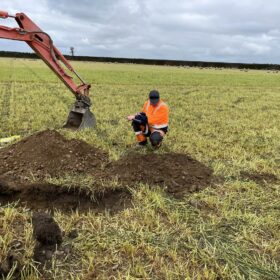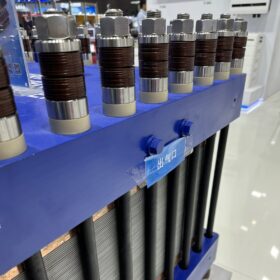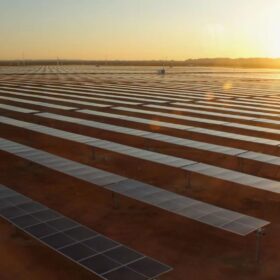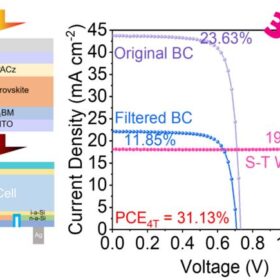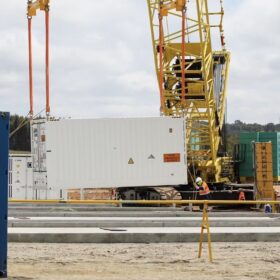Compensation framework for storage proposed by research institute
Pacific Northwest National Lab (PNNL) researchers in the US have developed a new framework to compensate energy storage as a dual-use asset.
Enphase to add up to 7.2 GW of US solar microinverter production capacity
Enphase CEO Badri Kothandaraman has said that the company will build four to six new manufacturing lines in the United States.
Building renewables emits carbon, but building them faster emits far less
A new study by Columbia University’s Climate School looks at the carbon emissions needed to build renewable energy.
Interactive chart of solar cell efficiency updated
The US National Renewable Energy Laboratory (NREL) has released a new, interactive version of its research cell efficiency chart for a range of PV technologies.
New US policy ‘devastating’ for Australia’s green hydrogen ambitions, says investment manager
Cofounder of Quinbrook Infrastructure Partners, David Scaysbrook, says the US Inflation Reduction Act can make Australia a green energy superpower – but not in the way we expect. The policy will fundamentally undercut Australia’s competitiveness exporting green hydrogen, but offers giant opportunities for critical materials. Scaysbrook also expects Australia’s 2023 to be lean in terms of renewable investment, especially when it comes to “vanilla” projects.
Powin, BlackRock start working on world’s largest battery
US battery specialist Powin and US investment firm BlackRock have started work on a 909 MW/1,915 MWh battery energy storage system (BESS) in Australia. Construction is set to begin in 2023 and will finish by mid-2025.
Is hydrogen about to have its solar moment?
As Longi and other solar manufacturers kick off massive growth in hydrogen generation capacity, expect large price decreases resulting from steep learning curves, echoing the rapid advances experienced by the solar power industry since the 1970s.
X-Elio flicks switch on 200 MW Queensland solar project
The 200 MW Blue Grass Solar Farm in Queensland’s Western Downs region has been officially launched with Spanish renewables developer X-Elio announcing the $215 million (USD 145.7 million) project has now achieved full commercial operations.
Forced labour concerns prompt U.S. ports to block over 1,000 shipments of solar components
Panel shipments collectively worth hundreds of millions of dollars are blocked from entering the United States market as they have failed scrutiny under the Uyghur Forced Labor Prevention Act, said Reuters.
Origin board to back Brookfield’s $18.4 billion takeover bid
Australia’s Origin Energy is the target of an $18.4 billion (USD 11.3 billion) takeover bid by a consortium led by Canadian investment giant Brookfield Asset Management which plans to divide the business and invest another $20 billion by 2030 to support the gen-tailer’s transition to clean energy.
